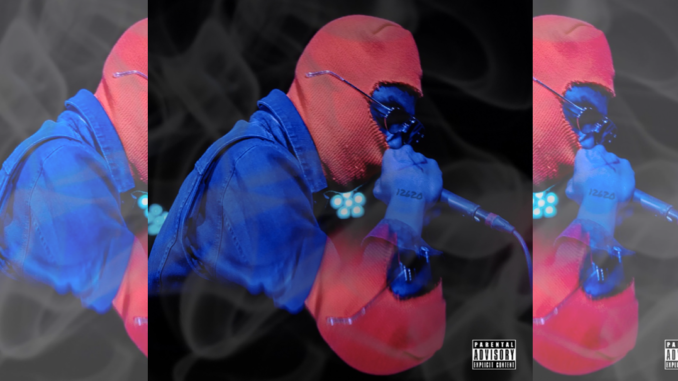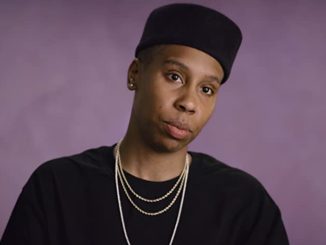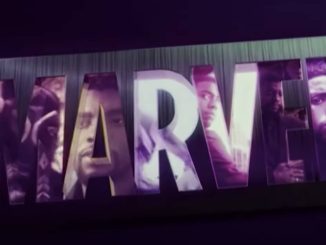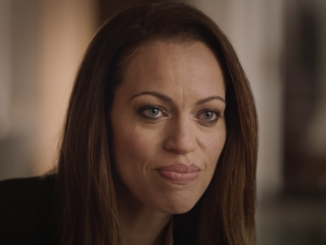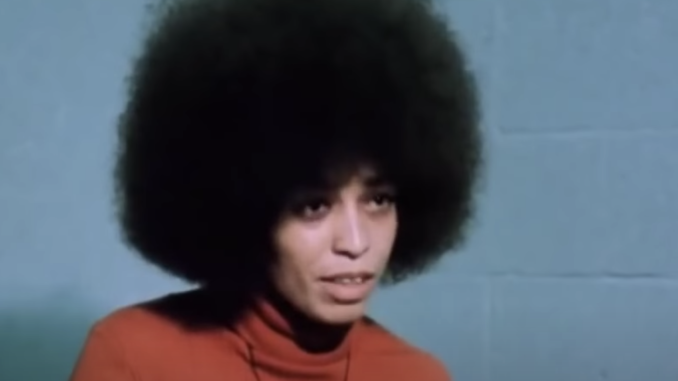
Every step of the black experience in America has been riddled with struggle. Whether it’s civil rights or the banning of slavery, nothing has ever come without a fight. This is why it’s no surprise that the fighting is still going on to this day and it will continue until there is true equality.
Many knew her as radical, but Angela Davis was just like the protestors that proclaim justice today. In the 1960s when the country was on the tail end of the Civil Rights movement, Davis joined the fight along with the Black Panthers on the West Coast. The Black Panthers would advocate for better healthcare, education, economic independence, bearing arms for protection, and community programs such as Free Breakfast and Free Clothing for Children.
Growing up in the deep South, Davis knew firsthand the realities of racism and its violent nature. She was personally affected by the bombing of the 16th Street Baptist Church in Birmingham, Alabama, which killed four black girls.
An academic at heart, Davis would earn multiple degrees, including a Masters and Doctorate. For one year, she would teach Philosophy at UCLA before being fired for her rhetoric on black rights.
She famously spoke at a Black Panther rally to free Black Panther co-founder Huey P. Newton that took place at DeFremery Park in Oakland, California on November 12, 1969.

Later, authorities would allege that Davis bought guns that were used in the killing of a Marin County judge and two others in the case of incarcerated Black Panther George Jackson, as Jackson’s brother Jonathan attempted to ransom the judge in exchange for George’s freedom.
Davis went on the run becoming a fugitive. Once arrested, Davis would serve 18 months before being acquitted in 1972. The professor, who is still alive today, has served most of her life in academia. She is revered for her tenacity and understanding of the black plight.
In an interview on the documentary The Black Power Mixtape, she expresses what it means to her when someone asks why violence is a part of the revolution.
Her response, “When someone asks me about violence, I just find it incredible because what it means is that the person who’s asking that question has absolutely no idea what black people have gone through.”
